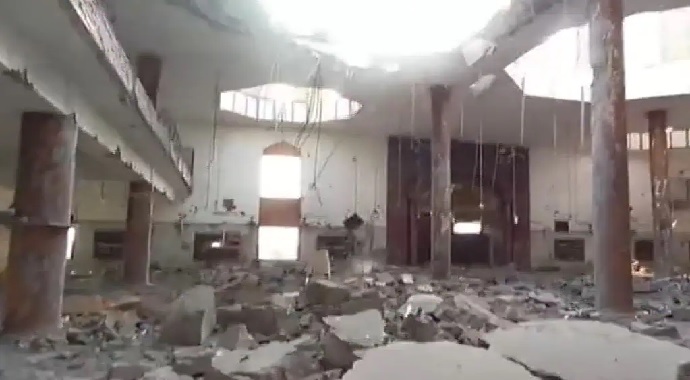In a decisive counter-terror operation dubbed ‘Operation Sindoor’, the Indian Armed Forces struck deep into Pakistan and Pakistan-occupied Jammu and Kashmir (PoJK) early Wednesday, reducing key terror facilities to rubble. Among the primary targets was a major Jaish-e-Mohammed (JeM) stronghold in Bahawalpur, Punjab, known as Markaz Subhan Allah.
Operational since 2015, Markaz Subhan Allah served as JeM’s main hub for training, indoctrination, and planning major terror attacks, including the Pulwama bombing on February 14, 2019. It housed top JeM leadership, including Chief Maulana Masood Azhar, de facto Chief Mufti Abdul Rauf Asghar, Maulana Ammar, and other family members. Masood Azhar frequently delivered anti-India speeches from this facility, rallying youth to join violent jihad. Regular arms and religious training sessions were conducted at the compound.
High-resolution visuals obtained by Reuters confirmed the complete destruction of the Bahawalpur facility following precision missile strikes by the Indian Armed Forces.
At a press briefing in New Delhi, Foreign Secretary Vikram Misri, Colonel Sofiya Qureshi, and Wing Commander Vyomika Singh detailed the objectives and execution of Operation Sindoor. The operation targeted nine key terror sites, including five in PoJK, linked to JeM and Lashkar-e-Taiba (LeT).
Colonel Qureshi named the four terror camps destroyed in mainland Pakistan as Bahawalpur, Muridke, Sarjal, and Mehmoona Joya. “Markaz Subhan Allah, the operational HQ of JeM located 100 km inside Pakistan, was completely destroyed,” she confirmed.
Wing Commander Singh emphasized the strategic rationale behind the strikes, describing them as a response to the April 22 Pahalgam terror attack. “This was about justice for the innocent victims and their families. These nine terror camps were chosen based on credible intelligence and with strict measures to avoid civilian casualties,” she stated.
She further revealed that Pakistan has maintained a network of 21 terror infrastructure sites across its territory and PoJK over the past three decades, including recruitment and launchpad centres.
Executed between 1:05 am and 1:30 am, the strikes involved a coordinated tri-services operation by the Indian Army, Navy, and Air Force, marking a significant milestone in India’s counter-terror strategy.






